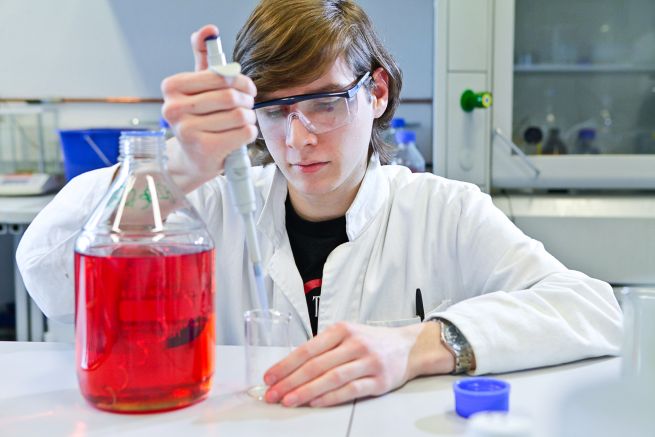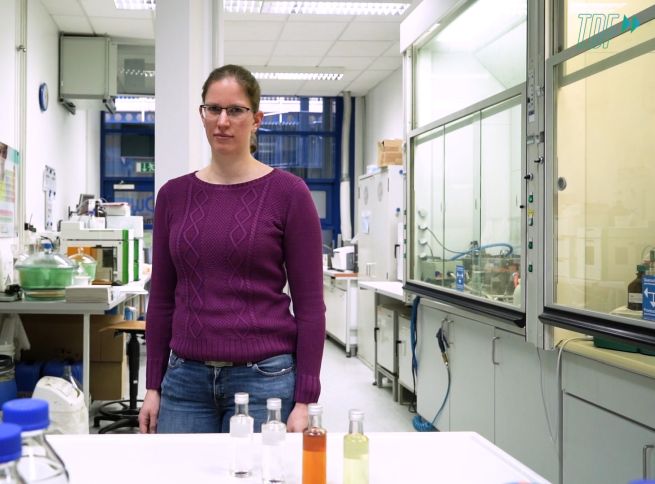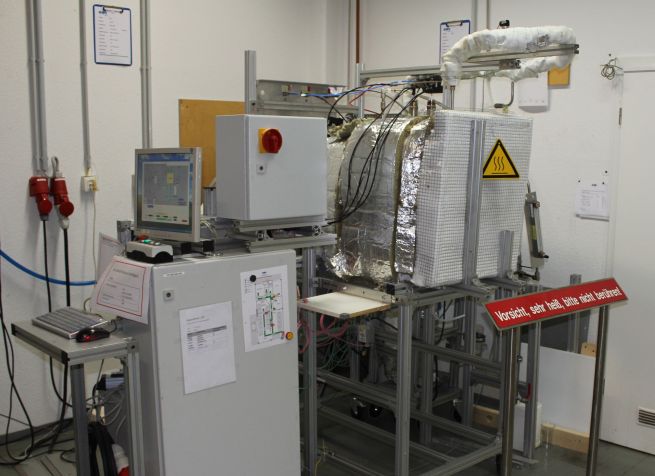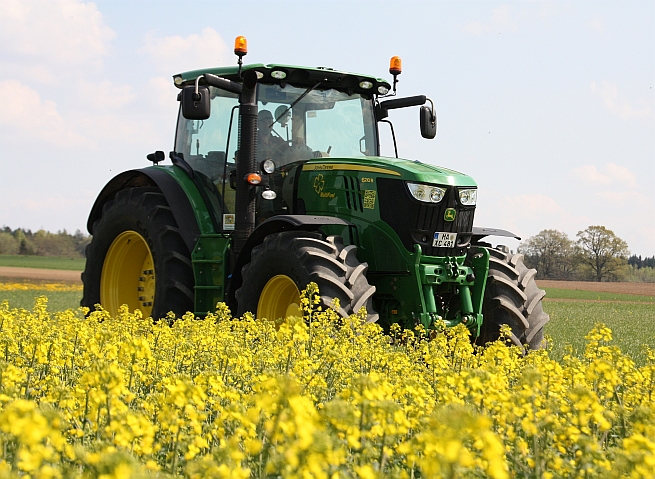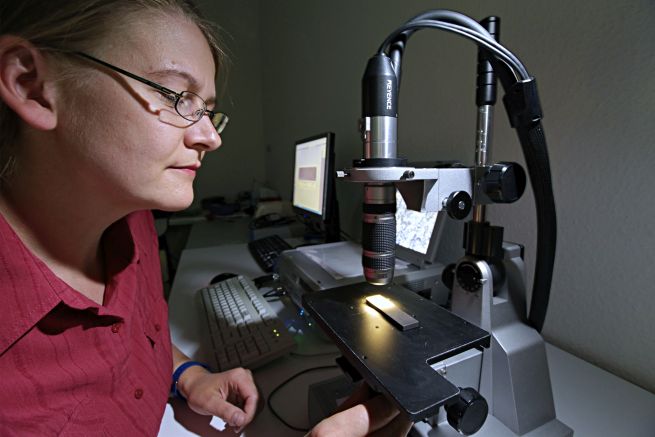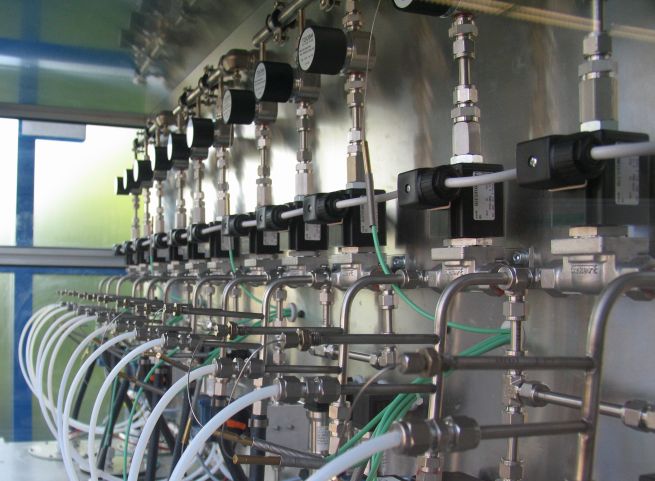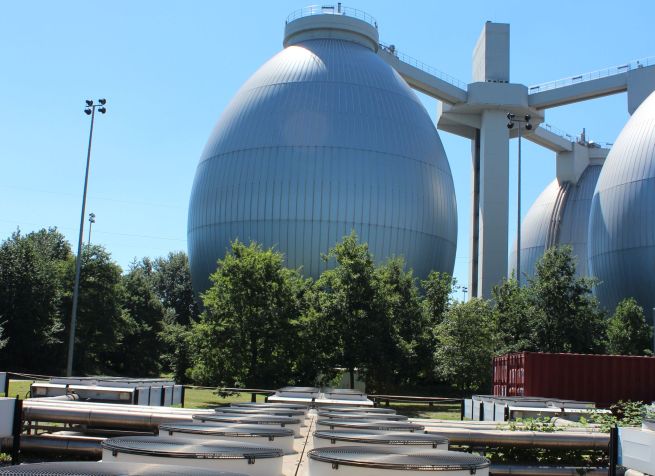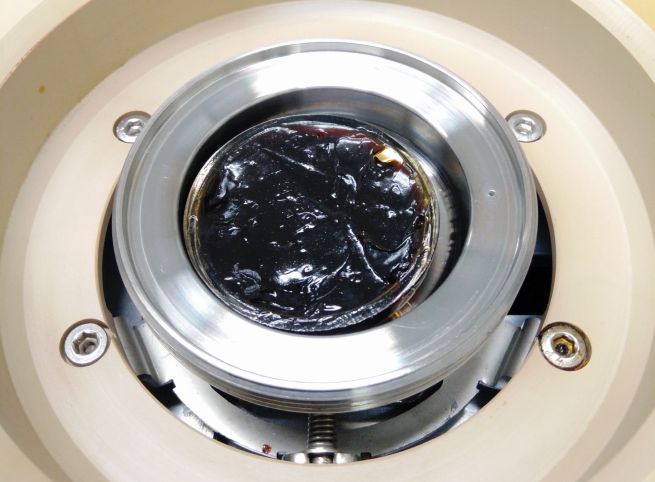Low-GHG Diesel Fuels
Climate protection with new low greenhouse gas diesel fuels is technically possible. Currently, paraffinic fuels such as hydrogenated vegetable and bio-oils as well as products from the Fischer-Tropsch synthesis are the most suitable diesel substitutes. Since fuels in Germany must consist of at least 70% mineral oil according to the current version of the Federal Immission Control Act, the use of pure kerosenes paraffines as low-GHG diesel fuels is not yet possible.

